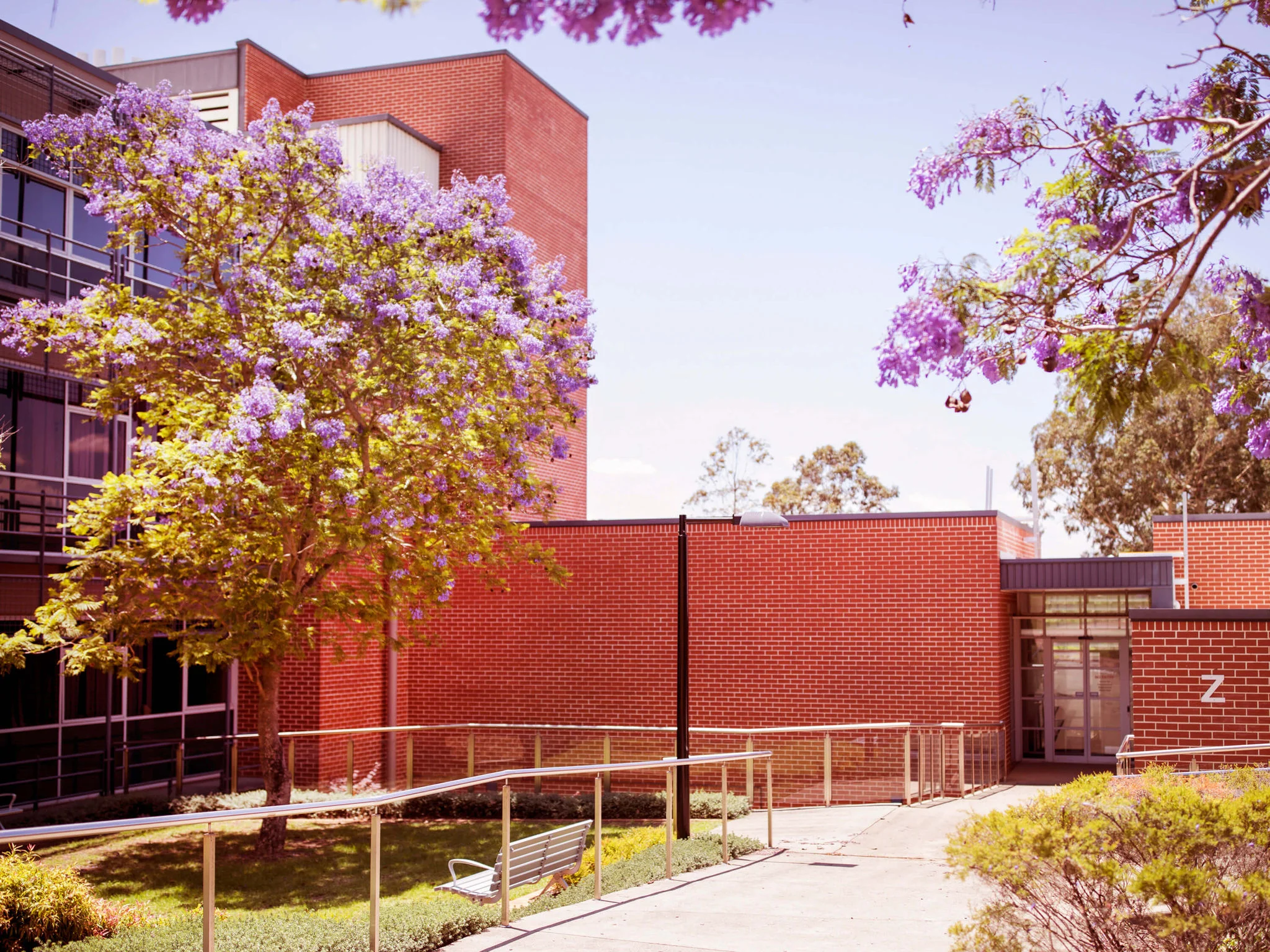Study and save: Discounted student fees are available through Commonwealth Supported Places (CSPs) when undertaking this course in 2026.
This program builds on your professional experience and/or prior degrees to develop advanced expertise and critical understanding in science and in these disciplines.




